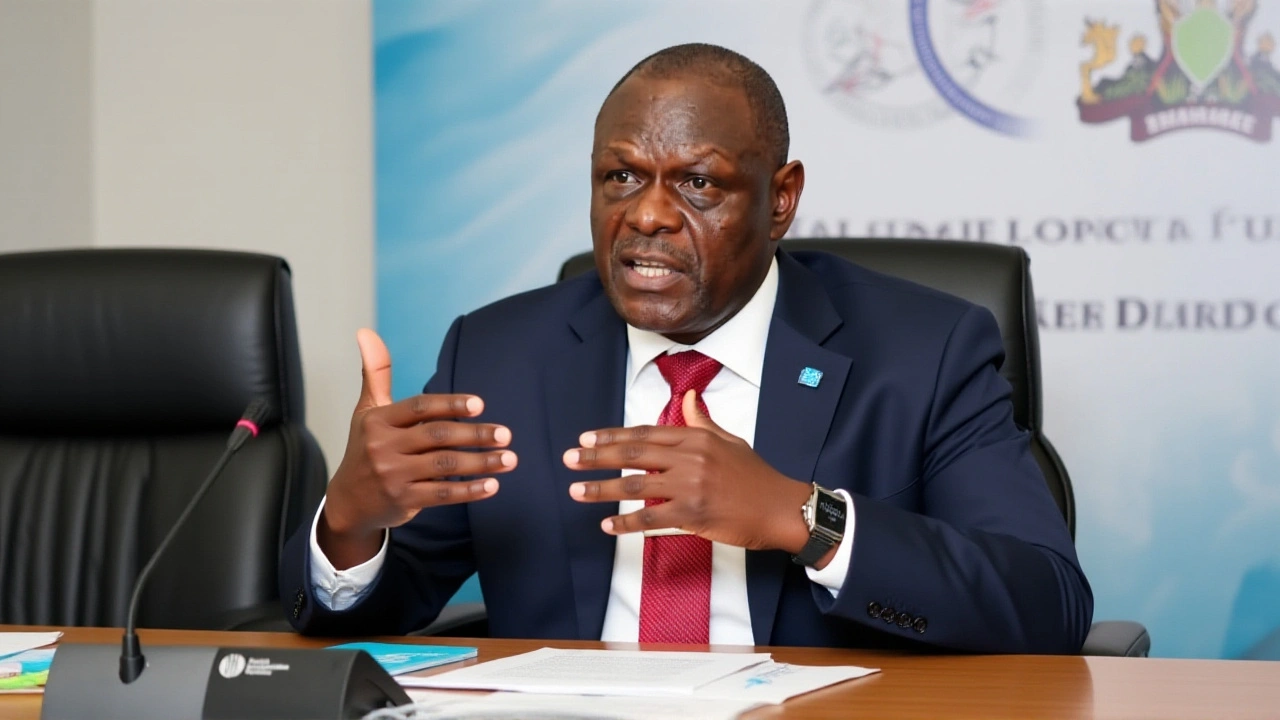Electoral Transparency
When talking about electoral transparency, the openness and accountability of every step in the voting process, from voter registration to result announcement. Also known as transparent elections, it builds trust, reduces fraud risk, and lets citizens see how their voice turns into policy.
One of the biggest drivers of electoral transparency in Africa is the Independent National Electoral Commission (INEC), Nigeria's body that runs elections, manages voter rolls, and oversees counting. When INEC publishes clear timelines and invites independent observers, it sends a signal that the vote isn’t hidden behind closed doors. The commission’s recent leadership debate, for example, shows how a transparent succession process can safeguard the credibility of upcoming polls.
Another core element is voter registration, the systematic capture of eligible citizens' details in a secure database. Accurate registers prevent duplicate voting and help planners allocate resources like polling stations. Countries that publish their registers online give journalists and NGOs a chance to spot inconsistencies early, which in turn cuts down on last‑minute disputes.
Key Pillars of Electoral Transparency
Effective election monitoring, the practice of allowing domestic and international observers to watch the vote forms the third pillar. Monitors check ballot handling, tallying methods, and media coverage, then report any irregularities. Their presence alone often deters intimidation and creates a paper trail that courts can review if needed.
Technology also plays a role. transparent voting systems, digital platforms that log each vote with verifiable cryptographic signatures, let auditors trace results back to the source without exposing voter identity. When a country pair open‑source software with public audits, citizens can verify that the count matches the raw data, reinforcing confidence.
Legal frameworks tie everything together. Clear statutes that define who can access data, how disputes are resolved, and the penalties for tampering create an enforceable backbone. When courts uphold these rules consistently, stakeholders know that breaking the system has real consequences, which further discourages foul play.
All these pieces – an independent commission like INEC, solid voter rolls, vigilant observers, open tech, and strong laws – interlock to form a resilient ecosystem. Below you’ll find a mix of stories that illustrate each of these angles, from Nigeria’s INEC chairmanship race to global examples of tech‑driven vote counting. Dive in to see how transparency shapes real‑world elections and what lessons you can take away for future reforms.
Former KESSHA chief Alfred Kahi eyes IEBC seat in interview
Alfred Kahi, former KESSHA chairman, interviewed for an IEBC seat on 12 May 2025, promising transparent communication and digital reforms to restore voter trust.
Julian Parsons | Oct, 7 2025 Read More
